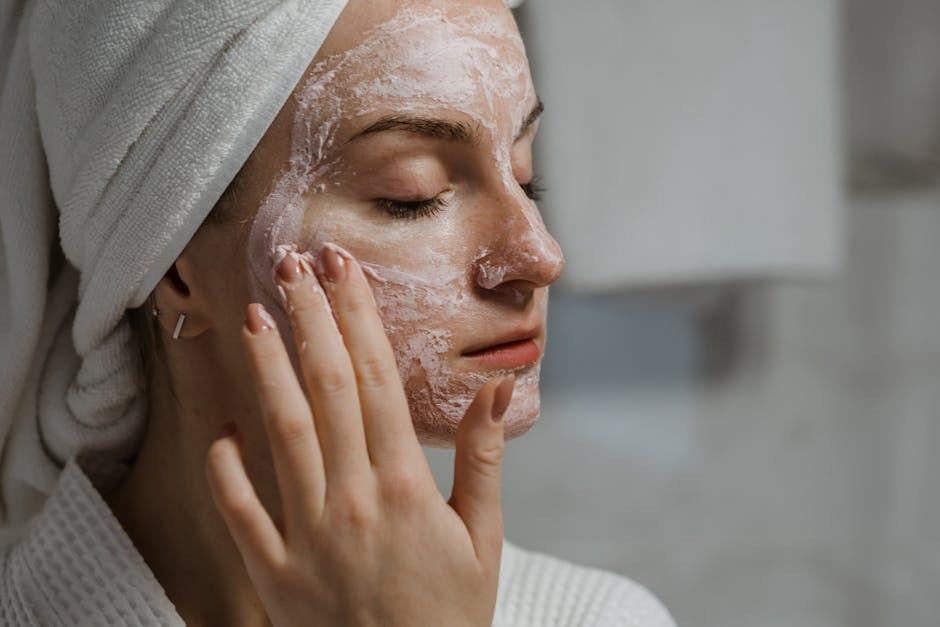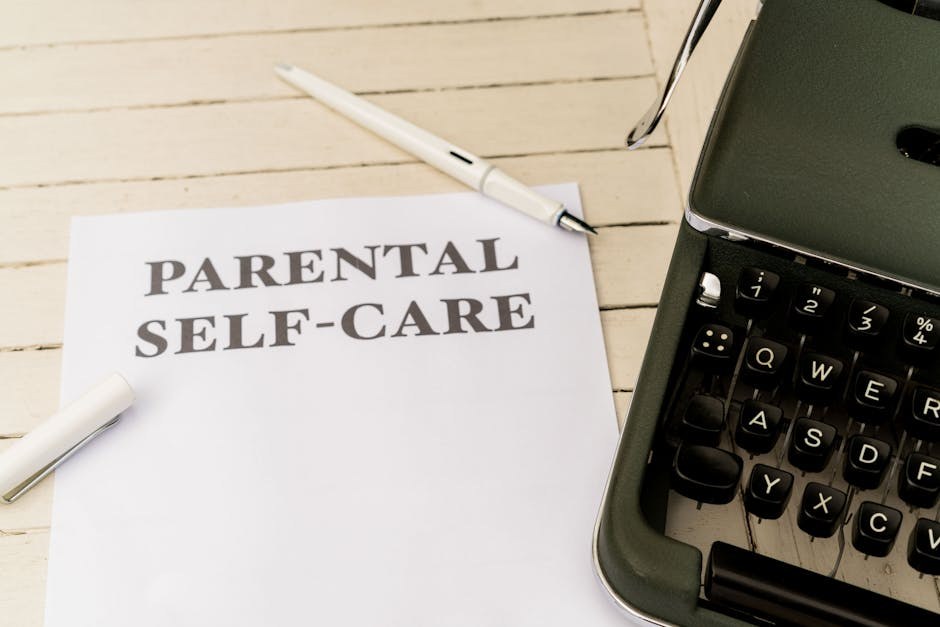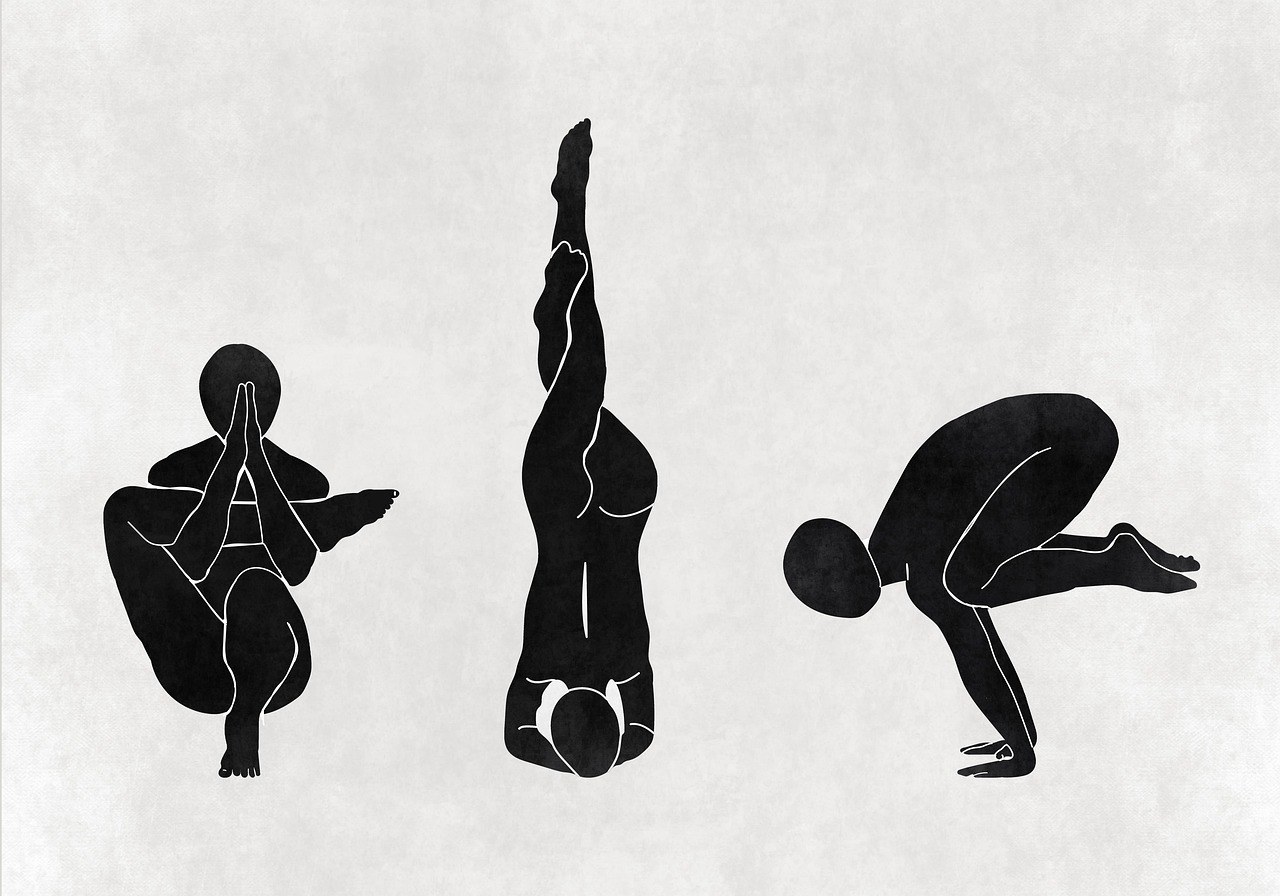The first meeting can feel like a tiny universe – all glances, half-smiles, and possibility. In that small world, one decision looms larger than most: do you go for a kiss before the night ends, or do you hold back? The truth is that kissing on the first date can be lovely or it can be rushed, and the difference often comes down to comfort, timing, and mutual interest. This guide reframes the dilemma so you can navigate the moment with empathy, clarity, and a little charm.
Why the first kiss feels weighty
A kiss is a signal. It can quietly say, “I’m into you,” or, if misplaced, it can accidentally suggest the opposite – that you’re in a hurry, that you’re only after a quick thrill, or that you didn’t read the room. Because the stakes feel high, many people keep circling the same thought: is kissing on the first date the right play tonight, or is patience the smarter path? When you see the kiss as communication rather than a prize, the choice becomes less about rules and more about what the two of you actually want.
Another reason the decision feels heavy is that you can’t rewind it. If you kiss before it’s welcome, you risk sending the wrong message. If you wait a long time, your date might interpret that pause as a lack of interest. That tension explains why kissing on the first date provokes so many nerves – both options can be misread, and nobody wants to fumble a promising connection.

How different people approach the moment
Plenty of men crave a clear sign that the date went well – a concrete signal that their effort landed. For some, kissing on the first date offers that reassuring feedback. But many still hesitate until they’re sure the feeling is mutual; rejection stings more when you care about the outcome. Reading reciprocation matters, and the best clue is comfort, not a checklist.
Many women look for a matching sign – proof that the other person genuinely enjoyed their company. Yet there’s a cultural snag here: while some feel comfortable moving fast, others worry that enthusiasm could be judged unfairly. That’s why kissing on the first date should never be treated as a test – it’s a choice, not a standard you’re expected to meet.
Is it truly a big deal?
It depends. For some, the first kiss is simply a moment of shared excitement. For others, it raises bigger questions about pace and expectations. Kissing on the first date can accelerate feelings – sometimes in a sweet way, sometimes in a confusing one. People may attach different meanings to the same action, so a quick, affectionate peck for one person might feel like a bold step to another. That’s the heart of the matter: interpretation.

Complications can pop up afterward too. One person could treat the kiss as casual and continue exploring, while the other interprets it as a sign of commitment. Because interpretations vary so widely, kissing on the first date should be approached as a conversation in slow motion – body language, proximity, and gentle pacing are the “words” you’re trading.
When the first kiss makes sense
Consider the moment as a blend of cues: energy, shared signals, and the overall arc of your time together. If those elements line up, kissing on the first date can be the natural next step.
Mutual chemistry is unmistakable. You keep leaning in, the banter flows, and eye contact lingers without effort. The air between you feels electric, and kissing on the first date doesn’t feel like a leap – it feels like a continuation of the vibe you’ve already built.

Attraction was established before the date. Maybe you’ve known each other for a while, flirted for weeks, or built rapport through long conversations. If attraction is plainly mutual, kissing on the first date can simply acknowledge what both of you already know.
The night found its own rhythm. Some dates unfurl beautifully – shared jokes, relaxed touch, an easy stroll that refuses to end. When connection deepens naturally, kissing on the first date can feel less like a decision and more like a gentle close to a great chapter.
You’re aligned on expectations. Maybe you traded subtle hints – a playful “I had more fun than I expected” or a warm, unhurried hug mid-evening. If you both seem open, kissing on the first date can honor that shared green light.
The parting moment invites it. You’re at the door or by the car, standing close, voices dropping softer. If you both linger – neither rushing away – kissing on the first date can feel like you’re both saying yes to what the night has already suggested.
When pressing pause is the wiser move
There are equally valid reasons to wait. Slowing down can keep things comfortable and, in many cases, heighten anticipation. The goal isn’t to pass a test – it’s to be true to what you want.
You’re still warming up. If you’re only a couple of hours into knowing this person, you might prefer to end on a sweet hug and see how you feel later. Choosing not to try kissing on the first date protects your comfort and allows attraction to grow at a pace you enjoy.
Attraction is uncertain. Interest sometimes arrives slowly. If you’re unsure, it’s okay to hold back. Skipping kissing on the first date keeps things simple and leaves room for curiosity to develop.
It would feel scripted. If you find yourself bracing for “that moment” and losing track of the conversation, the pressure may be the problem. Removing the expectation to attempt kissing on the first date can restore ease and let you enjoy the person in front of you.
Your date doesn’t seem ready. Maybe they shift away from close proximity or avoid prolonged eye contact near the end. When in doubt, treat hesitation as a cue to wait rather than a challenge to overcome – kissing on the first date should never push past another person’s comfort.
You want it to feel special. There’s charm in taking it slow. If you prefer to save the first kiss for a moment that feels unmistakably right, skipping kissing on the first date preserves the spark.
Reading the room: practical ways to sense mutual interest
Because words can feel awkward, many people navigate the moment through nonverbal clues. These signals are not guarantees, but they help you avoid guessing. When considering kissing on the first date, think about the basics: space, touch, and attention.
Proximity. Do you naturally drift closer during conversation? If standing shoulder to shoulder or leaning in feels easy for both of you, that closeness supports the idea that kissing on the first date could be welcome.
Mirroring. People often reflect the body language of someone they like. If you notice shared rhythms – matching posture, similar gestures – it’s a good sign the connection is mutual, and kissing on the first date might fit.
Eye contact and smiles. Warm, steady eye contact that regularly blooms into a smile is classic. If that look lingers right before goodbye, consider it a gentle invitation; it’s one of the clearest signals for kissing on the first date.
Light, welcomed touch. Casual touches that are reciprocated – an arm brush that leads to another playful tap – suggest comfort. If touch feels one-sided, treat that as a cue to skip kissing on the first date.
Consent – the unshakable foundation
Consent doesn’t have to be stiff or clinical; it can be charming, warm, and sincere. A soft check-in – “Can I kiss you?” – can be surprisingly sweet when delivered with a smile. You can also ask with your actions: move in for a gentle hug, stay close, and give them room to lean in if they want. If they meet you halfway, you have your answer. If they step back, you do too. That simple approach keeps kissing on the first date anchored in respect.
Remember: consent is specific to the moment. If your date was flirty earlier but turns more reserved later, follow the new energy. You’re not gathering points; you’re sharing a mood. Let that guide your choice about kissing on the first date without making it a referendum on anyone’s interest or value.
How to land the moment without awkwardness
Think of the goodbye as a slow fade rather than a sharp cut. If you’re considering kissing on the first date, shift closer during the last exchange, keep the conversation in a softer register, and maintain comfortable eye contact. A brief, natural pause signals that something more might happen and invites a mutual decision rather than a surprise move.
If you’re unsure, try a warm hug first. As you step in, place a gentle kiss on the cheek and don’t rush away. That lingering closeness creates space for a response – if they tilt toward you, you’re greenlit; if they relax back or look away, you’ve made the goodbye sweet without pushing past comfort. It’s a graceful way to explore kissing on the first date while minimizing awkwardness.
Managing expectations after the kiss
Suppose you shared a brief, happy kiss. What next? Keep the energy light. A soft “I had a great time” grounds the moment without promising too much. Kissing on the first date shouldn’t lock either of you into a label – it simply acknowledges you enjoyed each other. Let the second date carry the story forward.
If you decided not to kiss, you can still communicate enthusiasm. A warm hug and a genuine “I’d like to see you again” clears any doubt that restraint equals disinterest. That way, choosing not to try kissing on the first date reads as intention, not rejection.
Common myths that add pressure
Myth: A kiss is required to show interest. Reality: Interest shows up in many forms – attentive listening, extending the evening, or proposing a next plan. Kissing on the first date is optional, not mandatory.
Myth: If you don’t kiss, they’ll think you’re not attracted. Reality: Clear words beat assumptions. A simple “I want to see you again” cuts through confusion and makes waiting just as romantic as kissing on the first date.
Myth: If you do kiss, you owe something more later. Reality: A kiss is a moment, not a contract. Kissing on the first date doesn’t create obligations. Each step is a fresh yes – or a polite no – guided by mutual interest.
Different endings, equally valid
Sometimes you meet someone dazzling and realize the match isn’t there. In that case, you might still feel a flicker of curiosity – the playful urge to share a parting peck just to satisfy the “what if.” If the vibe is light and everyone’s comfortable, kissing on the first date can be a harmless, memorable farewell. But you’re also free to keep things friendly and skip it altogether. Choice, not pressure, keeps the night respectful.
Conversation cues that make the moment easier
Words help. You can defuse pressure long before the goodbye by setting the tone earlier in the evening. Little phrases such as “I’m really enjoying this” or “I like how easy this feels” open the door to closeness without cornering either of you. If the other person mirrors that warmth, kissing on the first date will feel natural if you both want it.
If you’d rather wait, you can steer gently: “I love the pace we’re at.” That sentence protects your boundary while keeping the mood upbeat. A clear, kind boundary is magnetic – the right person will appreciate it, and kissing on the first date will emerge later when the timing clicks.
Etiquette for the first kiss itself
Keep it brief. A short, soft kiss leaves room for anticipation. It’s an opening note, not the whole song. When you treat kissing on the first date as a whisper rather than a monologue, you leave your date wanting more.
Match their energy. Let their pace guide yours. If they stay gentle, you do too. If they smile and lean closer, you can mirror that. Kissing on the first date works best when you respond rather than lead with a script.
Mind the setting. A quiet sidewalk or doorway beats a crowded, noisy spot. Comfort matters; choosing a calm moment supports the idea of kissing on the first date without spectacle.
End with warmth. A soft “text me when you’re home” or “let’s talk tomorrow” keeps the connection alive. Whether you tried kissing on the first date or not, kindness at the end is what lingers.
If you’re still unsure, use a step-by-step approach
Some decisions benefit from a simple flow. You can treat the goodbye as a series of small invitations – each one easy to accept or decline. It reduces guesswork and makes kissing on the first date feel collaborative.
Close the space. Step a little closer. If they hold your gaze and stay put, proceed. If they lean back, pause your plan for kissing on the first date.
Offer a warm hug. If they hug you back with equal enthusiasm, you’ve learned something. If the hug is brief or stiff, you’ve learned something else – time to wait on kissing on the first date.
Pause, then check-in. A soft, sincere “Can I kiss you?” can be charming. If “yes,” go slow. If “not yet,” smile and say, “I’m glad we met – let’s do this again.” That response keeps the door open without forcing kissing on the first date.
Navigating mixed signals
Sometimes cues conflict: strong banter but distant body language, or friendly touch paired with nervous glances. When the signals don’t align, clarity beats assumption. You can laugh it off – “I’m torn between being brave and being patient” – and see how they respond. If you receive a warm, reciprocal signal, kissing on the first date may fit after all. If not, you’ve shown maturity and respect.
For women: hints that encourage without pressure
If you’d welcome a kiss but want your date to lead, subtle prompts can help. Maintaining eye contact for a beat longer, stepping into their space during goodbye, or giving a gentle squeeze during a hug are effective nudges. If you prefer to initiate, a quiet “I’d like to kiss you” is both clear and confident. Either way, kissing on the first date should feel like something you’re both choosing, not something you’re granting.
For men: read, don’t rush
If you sense interest, shift gradually rather than swooping in. Keep your movements unhurried, offer space for a response, and be ready to smile and pivot if the moment isn’t there. Treat kissing on the first date as a shared step – the best experiences happen when you let the other person co-author the moment.
The simple rule beneath all the noise
Strip away the scripts and it comes to this: stay attuned to comfort, be generous with clarity, and treat attraction as a dialogue. When you do, kissing on the first date turns from a stressful decision into a natural outcome of mutual interest. Sometimes that outcome is yes; sometimes it’s a warm, anticipatory not-yet. Both are good answers. The right moment is the one you both feel.
Putting it all together
Notice the connection throughout the night. Are you laughing easily, leaning closer, trading glances? If so, kissing on the first date may already be on both minds.
De-escalate pressure. Remove the idea that a kiss defines the date’s success. Ironically, letting go of the “must” often makes kissing on the first date more likely – people relax when they feel free.
Invite, then listen. A gentle approach, a hug, a soft check-in – each step asks and then waits. If you hear yes, enjoy it. If you hear not yet, you’ve earned trust, and kissing on the first date can become a sweet future memory.
A final note on pacing
There isn’t a universal schedule. Some stories open with a kiss and unfold beautifully; others slow-burn their way into something just as compelling. Let your pace reflect who you are. If you’re enthusiastic, be enthusiastic – with consent. If you’re measured, stay measured – with warmth. Either path keeps kissing on the first date in its rightful place: not a milestone you’re forced to reach, but a moment you’re allowed to choose.
Parting with grace
Endings matter. Whether you kiss or wait, the farewell should be kind and confident. Say you had a good time; mean it. Suggest seeing each other again if you want to; be honest if you don’t. When your actions match your intent, kissing on the first date becomes exactly what it should be – an expression of connection, never a condition of it.
Keep curiosity alive. If you kissed, follow up with a thoughtful message. If you didn’t, do the same. A small note the next day shows interest without turning kissing on the first date into a test you either passed or failed.
In the end, all you need is presence, patience, and respect. Let the night be what it is. If the kiss belongs in your story, it will arrive at the pace that fits both of you – and that is the only timing that ever truly feels right.